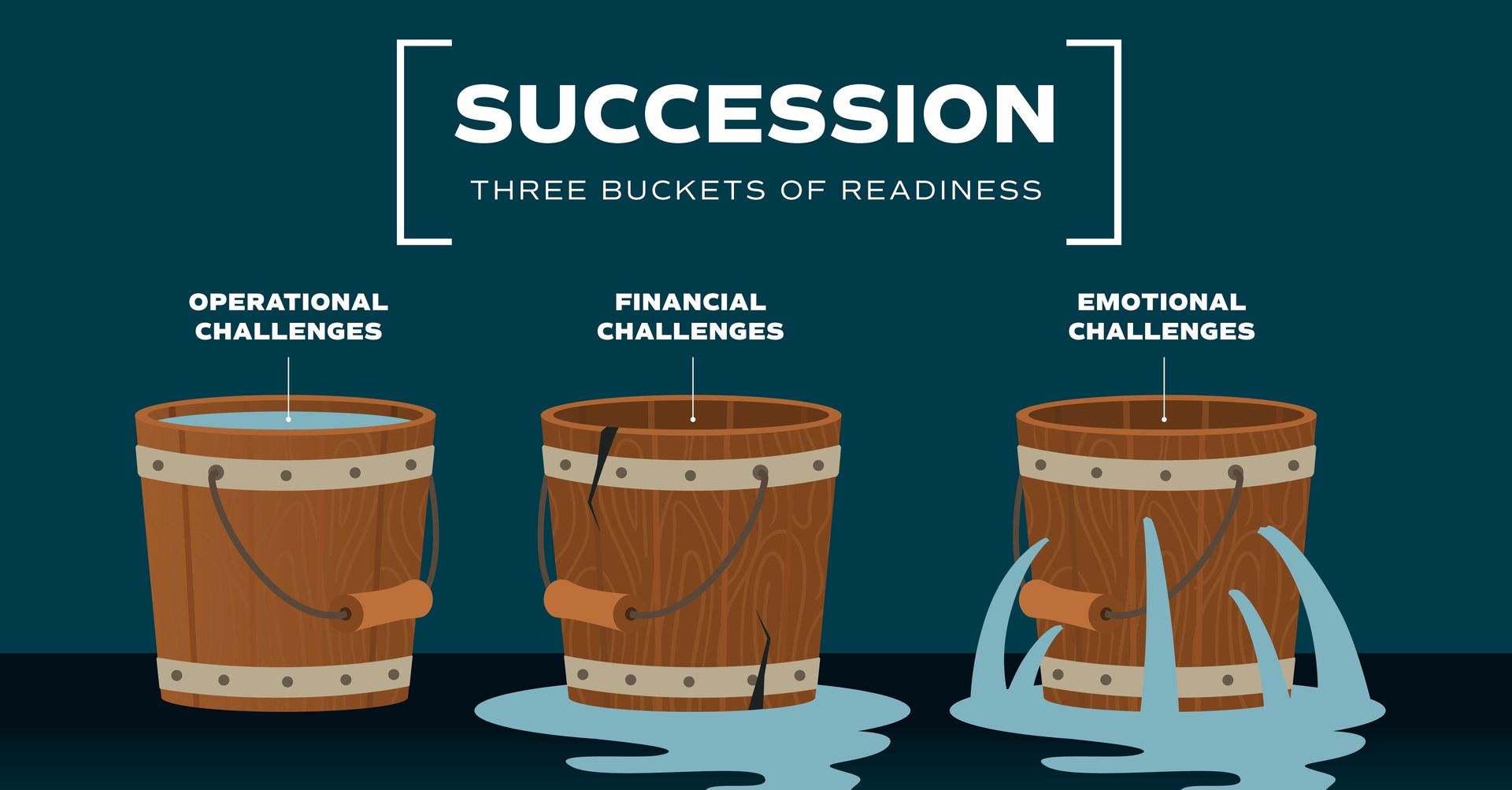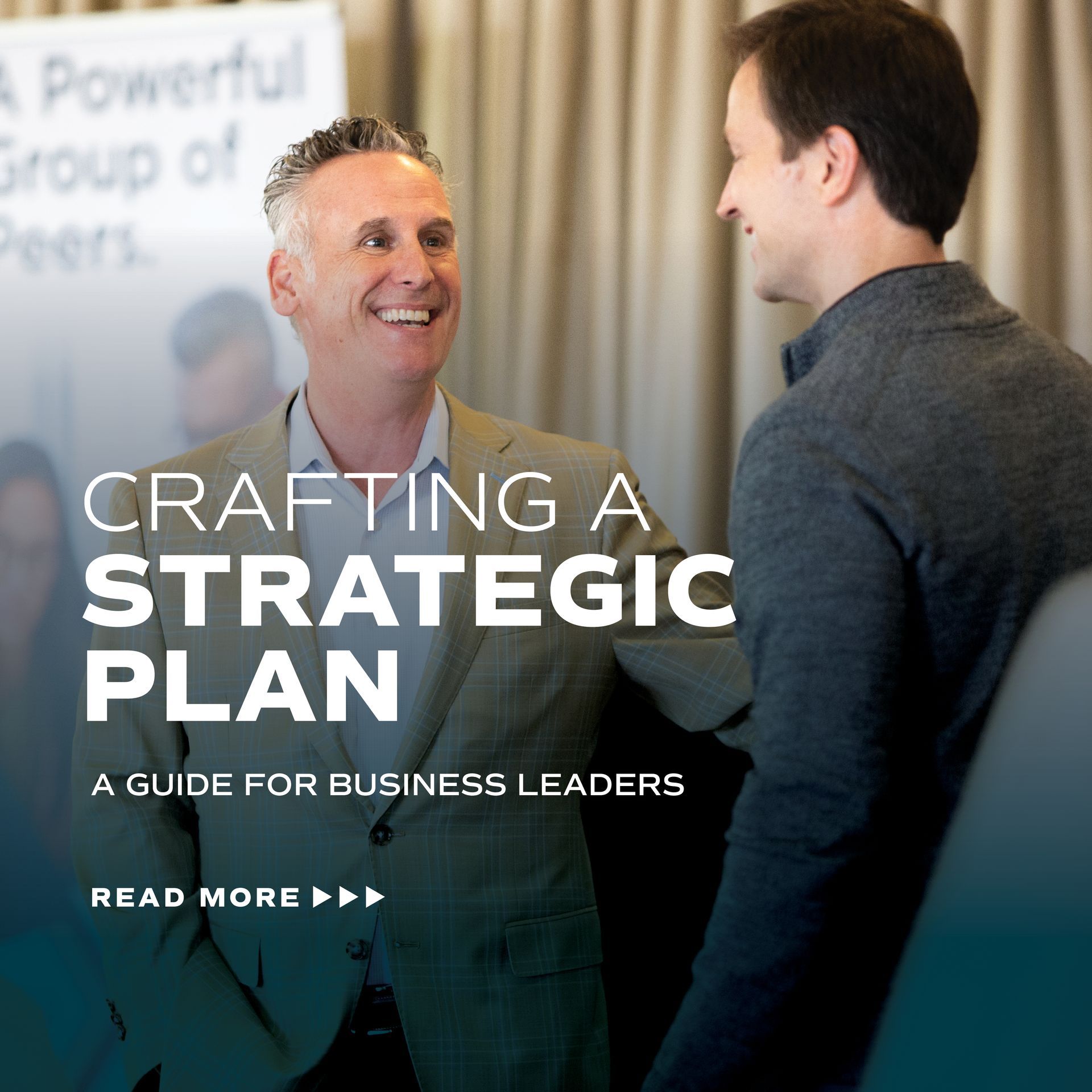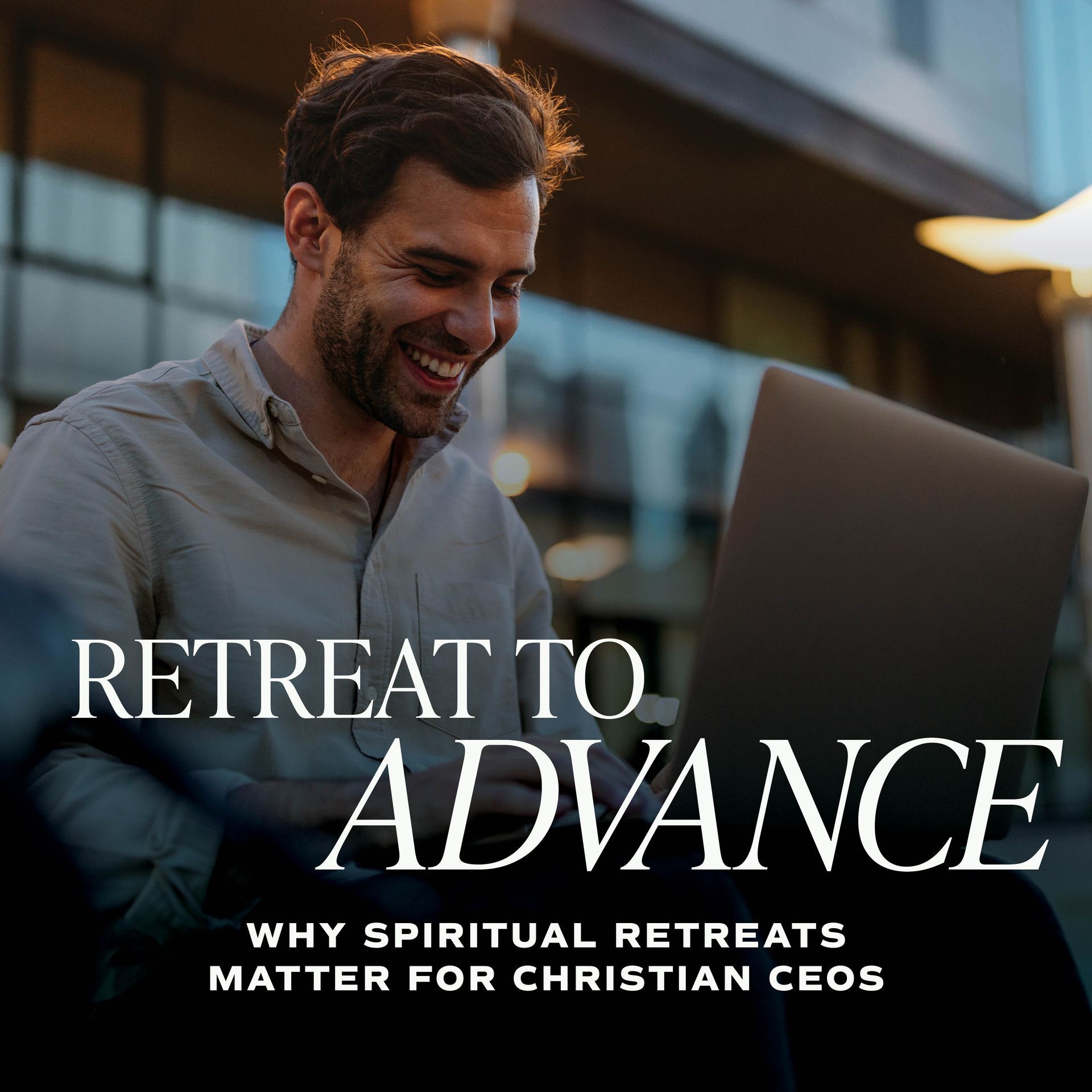CONTACT US
Planning Your Exit
Every leader is an interim leader.

God’s plans aren’t confined to our human limitations. This is a great encouragement to us as business leaders. He is capable of accomplishing immeasurably more than we could ever imagine. We are promised that in Ephesians 3:20.
Craig Groeschel said at the Global Leadership Summit in 2012 that,
Every leader is an interim leader.
How prepared are you for succession?

If you are considering how you could be preparing for succession, no matter the stage of business leadership you find yourself in, here are questions you can ask yourself for each bucket:
Operational Challenges:
- How and when will you transition?
- Whom do you select as the successor?
- How will you structure leadership roles?
- How will you ensure culture/mission remains intact?
Financial Challenges:
- How will you fund exiting and incoming leadership?
- What are the equity and compensation considerations?
- How will you handle outstanding legacy financials (i.e., debt, equity, agreements)?
Emotional Challenges:
- What is next?
- How will you stop after pouring your heart into the business?
- What “next” can you set your eyes on?
Who is your sounding board?
According to Peter Greer, only 17% of organizations have a well-documented succession plan. Even worse, 40-60% of CEOs fail in their first 18 months on the job. We’ll only successfully pass the baton if we are willing to have the hard questions asked, like the ones above.
As a business leader, it’s often hard to find those who will ask the hard questions and give life-giving feedback when you're on the top of the org chart. Does that resonate with your experience?
Just a few months ago, small groups of over 300 CEOs and owners in South Carolina and Georgia gathered to ask the hard questions, share experiences, and provide encouragement and feedback on succession planning after walking together through an MBA-level Succession Planning curriculum. If you’re a Christian CEO or owner, that opportunity is also available to you.
Leading can be lonely, but it doesn’t have to be.
You can use the Succession Planning Assessment that we used here. You can also learn more about the camaraderie and accountability found in C12 at c12gaandsc.com.
Together, we can prepare for succession that leaves our companies thriving after we exit.
References:
Bible Gateway. Ephesians 3:20 (New International Version). Retrieved from
https://www.biblegateway.com/passage/?search=Ephesians%203%3A20&version=NIV
Eric Hehman, Jay Hummel, and Tim Kochis, Success and Succession: Unlocking Value, Power, and Potential in the Professional
Services and Advisory Space (Hoboken, NJ: John Wiley & Sons, 2015).
Peter Greer and Doug Fagerstrom, Succession: Seven Practices to Navigate Mission-Critical Leadership Transitions (2020).











